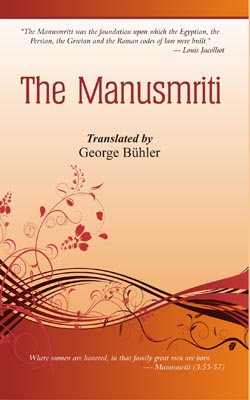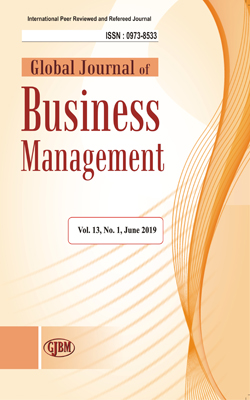Description
About the Book
The Manusmriti is the most important and authoritative Hindu Law Book (Dharmashastra), which served as a foundational work on Hindu law and jurisprudence in ancient India. Until the modern times, it was the standard reference for adjudicating civil and criminal cases by both the rulers who patronized Vedic faith and the people who practiced Hinduism. Manu in Hindu tradition is considered to be the first of Brahma’s sons and a progenitor of human race. The laws that were proposed by Manu to govern human conduct and society reflect the conditions, needs and values of the times in which they were formulated. The laws favour a paternalistic society and family system, vesting the authority to regulate them with men, and proposing rather a subordinate status and subservient role to women. It also acknowledges and justifies the caste system as the basis of order and regularity of society. Brahmanas and Kshatriyas are given many privileges and greater leniency in matters of punishment for misconduct, while Sudras are given the least number of privileges but the harshest of punishments even for minor misdemeanours. Although most of laws do not fit into the present day value system. Hence, it is important to study Manusmriti with an open mind to understand its historical and religious significance in the evolution of Hinduism from its early days to its present form.
About the Author
Georg Bühler was an eminent scholar of ancient Indian languages and law. He translated of the Paiyalachchhi, the oldest Prakrit dictionary, with glossary and translation. He also translated of the Apastamba, Dharmasutra etc. in Professor Max Müller’s monumental compilation and translation, the Sacred Books of the East.











Reviews
There are no reviews yet.